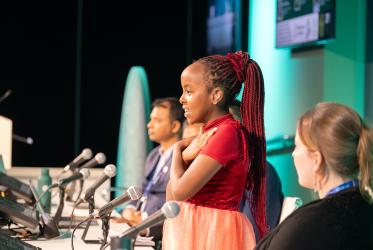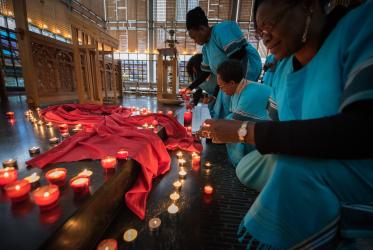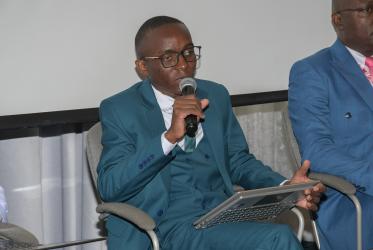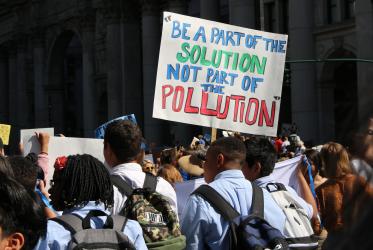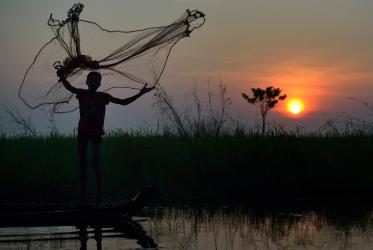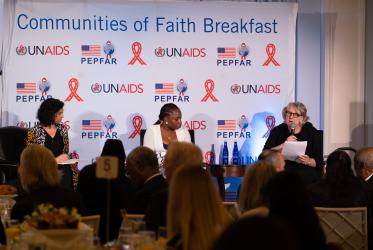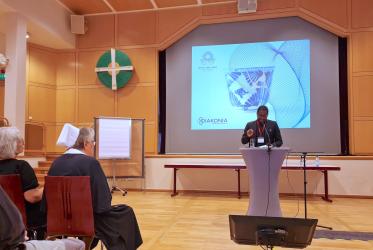Displaying 1 - 20 of 363
WCC, WHO commemorate 50 years of collaboration
04 April 2024
What can churches do to prevent modern slavery?
22 February 2024
Recommended Practices to Combat HIV-Related Stigma
A Guidebook for Local Faith Communities
05 October 2023
Faith Sector Implementation of the Global AIDS Strategy
05 October 2023



